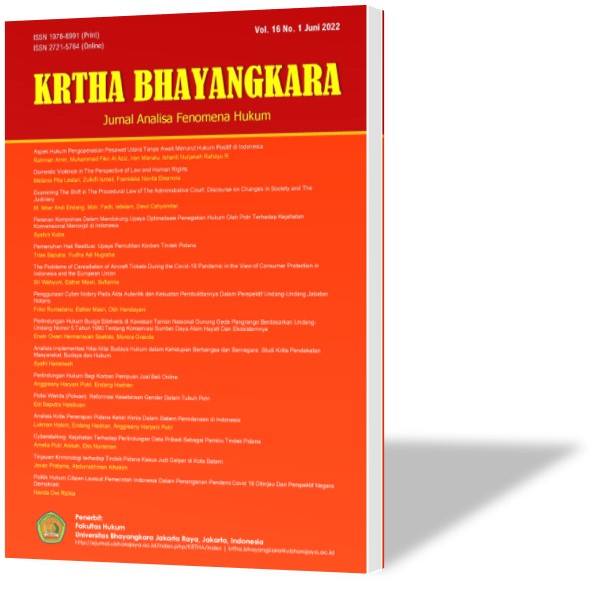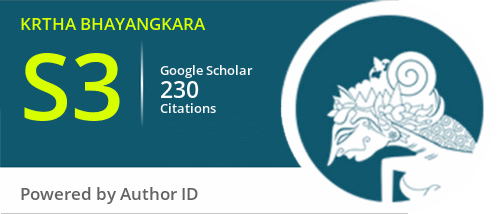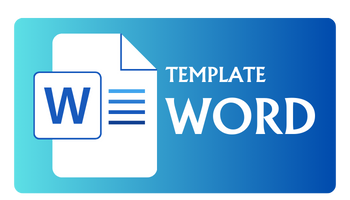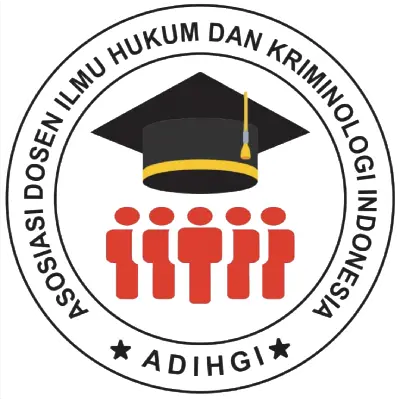Kewenangan MUI Pasca Terbitnya PP No. 31 Tahun 2019 Tentang Peraturan Pelaksanaan UU No. 33 Tahun 2014 Tentang Jaminan Produk Halal
DOI:
https://doi.org/10.31599/krtha.v15i2.1125Keywords:
Competency, MUI, halal guaranteeAbstract
Halal certification is a written fatwa of the MUI which states the halalness of a product in accordance with Islamic law. This halal certificate is a requirement to include a halal label so that a product is suitable for consumption by Muslim consumers. Business actors must meet certain requirements and go through a series of processes that have been determined by the MUI to obtain a halal certificate. After obtaining a halal certificate, business actors obtain a halal label from the MUI to then be included on the product label. This halal certificate is only valid for a certain period of time and business actors must extend it to obtain halal certification for their products again. Whereas the problem arises when Law Number 8 of 1999 concerning Consumer Protection does not make halal certification and labeling a mandatory form for business actors, but is voluntary. Therefore, it can be said that halal certification and halal labeling do not have strong legal legitimacy, so they do not provide legal protection and certainty for halal food products for consumers.
References
KRTHA BHAYANGKARA | Volume 15 Number 2, December 2021
Elfirda Ade Putri 349
Buku
Departemen Agama Republik Indonesia. Al Hikmah Al Quran dan Terjemahnya. Bandung: CV Penerbit Diponegoro. 2013.
Farih, Amin. Kemaslahatan dan Pembaharuan Hukum Islam (Semarang: Walisongo Press. 2008.
Emzir. Metodologi Penelitian Kualitatif. Jakarta: Raja Grafindo Persada. 2010.
Huda, Miftahul. Filsafat Hukum Islam. Ponorogo: STAIN Ponorogo Press. 2006.
Lembaga Pengkajian Pangan Obat-Obatan Dan Kosmetika Majelis Ulama Indonesia. Panduan Umum Sistem Jaminan Halal. Jakarta: LPPOM-MUI. 2008.
Romli. Studi Perbandingan Usul Fiqh. Yogyakarta: Pustaka Pelajar. 2014.
S, Burhanuddin. Pemikiran Hukum Perlindungan Konsumen dan Sertifikasi Halal. Malang: UIN Maliki Press. 2011.
Saleh, Abdul Mun‟im. Otoritas Maslahah dalam Madhab Shafi’i. Yogyakarta: Magnum Pustaka Utama. 2012.
Siroj, Malthuf. Paradigma Usul Fiqh: Negoisasi Konflik Antara Maslahah dan Nash. Yogyakarta: Pustaka Ilmu Group. 2013.
Soekanto, Soerjono. Pengantar Penelitian Hukum. Jakarta: UI-Press. 1986.
Subana, M. Dasar-Dasar Penelitian Ilmiah. Bandung: Pustaka Setia. 2005.
Suratmaputra, Ahmad Munif. Filsafat Hukum Islam Al-Ghazali. Jakarta: Pustaka Firdaus. 2002.
Syarifuddin, Amir. Usul Fiqh Jilid 2. Jakarta: Logos Wacana Ilmu. 1999.
Zein, Muhammad Ma‟shum. Ilmu Usul Fiqh. Jombang: Darul Hikmah. 2008.
Zulham. Hukum Perlindungan Konsumen. Jakarta: Prenadamedia Group. 2016.
Perundang-undangan
Undang-Undang Dasar Negara Republik Indonesia Tahun 1945.
KRTHA BHAYANGKARA | Volume 15 Number 2, December 2021
Kewenangan MUI Pasca Terbitnya PP No. 31 Tahun 2019…
Undang-Undang Nomor 33 Tahun 2014 Tentang Jaminan Produk Halal.
Undang-Undang Nomor 8 Tahun 1999 Tentang Perlindungan Konsumen.
Internet, Skripsi dan Jurnal
Rohman. Adi Nur. (2019). The Existence of Maslahah Mursalah As The Basis of Islamic Law Development In Indonesia. Krtha Bhayangkara, 13(2). https://doi.org/10.31599/krtha.v13i2.9
Suprihatin. (2020). Konsep Dasar Hukum Sebagai Norma Sosial (Studi Pada UU No 1 Tahun 1974 Dan Kompilasi Hukum Islam). Krtha Bhayangkara, 14(1). https://doi.org/10.31599/krtha.v14i1.49
LPPOM-MUI, “Tentang LPPOM-MUI,” dalam http://www.halalmui.org/mui14/index.php/main/go_to_section/130/1511/page/1, (diakses pada tanggal 18 Februari 2020, jam 18.00).




































